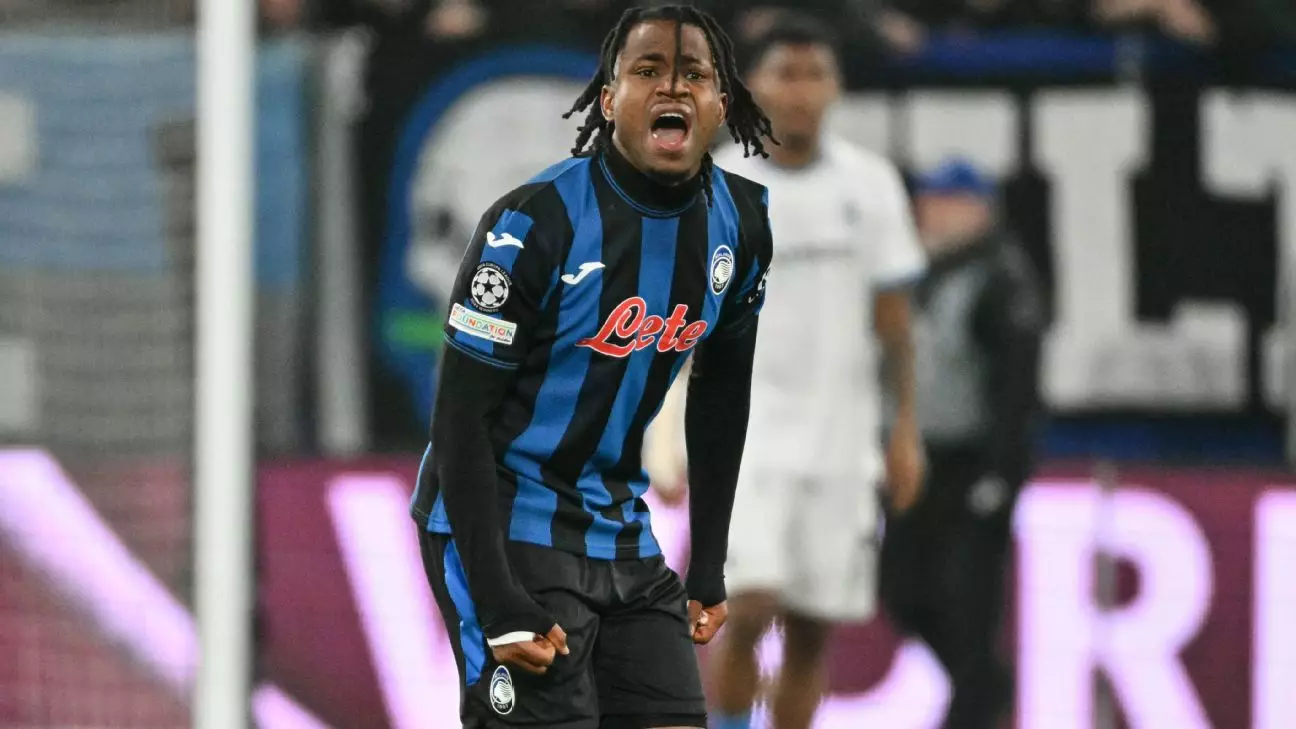Ademola Lookman’s decision to publicly voice his frustrations marks a significant moment in football, highlighting the importance of integrity and self-respect among professional athletes. Far too often, players are caught in a web of club interests and contractual obligations that silence their true feelings. Lookman’s choice to break that silence, using his social media platform, underscores a growing trend where players refuse to be passive victims of unfair treatment. His honesty not only exposes issues within club management but also empowers others to stand up for their rights without fear of backlash or being dismissed as problematic.
Standing for Personal Dignity Over Club Politics
Lookman’s strong words reflect a deeper issue—how clubs sometimes prioritize their interests over player well-being. His assertion that he was subjected to “broken promises” and disrespect indicates a troubling pattern of mismanagement and disregard for player morale. While professionalism demands patience and loyalty, there comes a point where personal dignity must take precedence. Lookman’s willingness to speak out demonstrates that respecting oneself should never be compromised, even in a highly competitive environment like football. This act of defiance challenges clubs to reflect on their treatment of players and emphasizes that athletes are not merely commodities but individuals deserving fair treatment.
The Reality of Transfer Negotiations and Broken Promises
From a strategic perspective, this episode reveals the complex and often disappointing nature of transfer negotiations. Lookman states that an agreement was already reached about his transfer, yet the club later withdrew support, citing ambiguous reasons that remain undisclosed. This discrepancy highlights the fragility of trust in football transfers, where promises can be easily broken, leaving players in limbo and undermining their confidence. Such situations emphasize the need for clearer communication and more transparent negotiations. Athletes are often vulnerable behind closed doors, and when clubs manipulate or unilaterally change terms, it damages not only individual careers but also the integrity of the sport.
The Broader Implications for Football’s Future
Lookman’s public confrontation could serve as a catalyst for broader change within the sport. As social media provides players with direct channels to express their frustrations and advocate for themselves, clubs might need to reconsider their approach toward player management. This incident challenges the outdated notion that athletes must silently accept unfair treatment to maintain their careers. Instead, it advocates for a culture where transparency, mutual respect, and accountability become standard practices. If more players follow Lookman’s example, it could spark a shift towards a healthier, more respectful football environment, where players are empowered to fight for fairness rather than accept exploitation.
Ademola Lookman’s refusal to stay silent becomes a testament to the importance of self-advocacy in modern sports. His stand not only exposes current flaws but also encourages a re-evaluation of how clubs and players interact. Respect for individual dignity must be prioritized—because in the world of high-stakes football, human worth should never be overshadowed by contractual gamesmanship.

